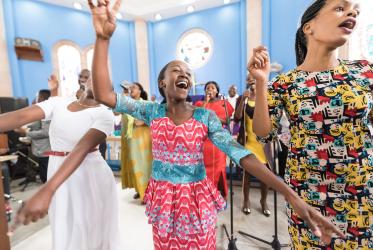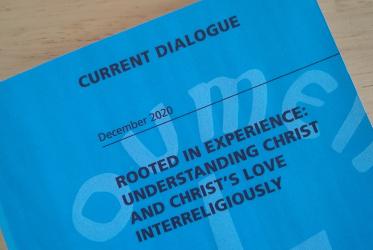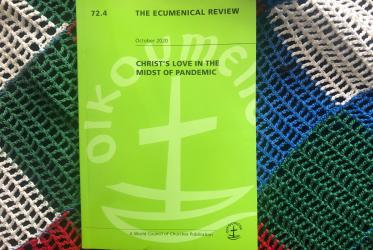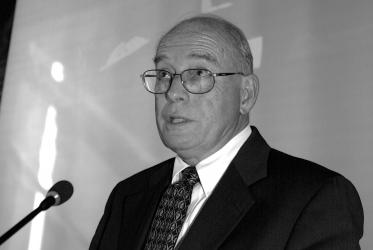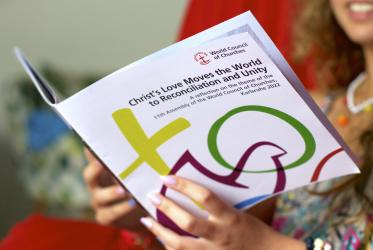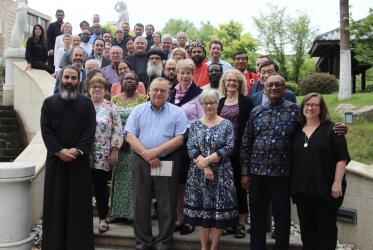Displaying 121 - 140 of 457
Reshaping mission and the church during COVID-19
11 March 2021
WCC Faith and Order Commission to convene online
12 January 2021
WCC executive committee maps future with hope in uncertain times
19 November 2020


